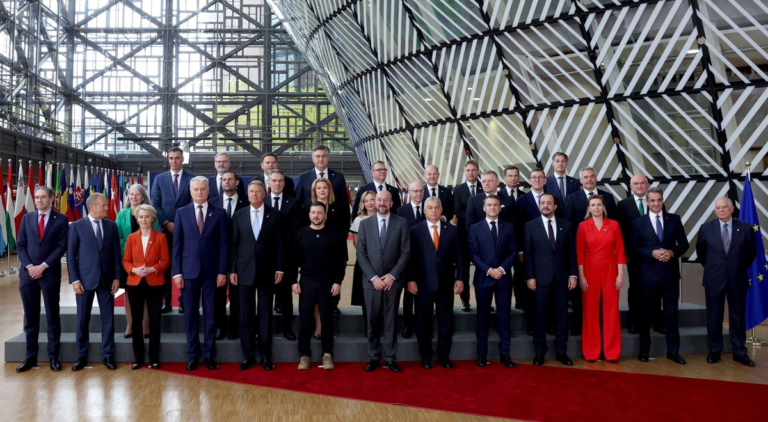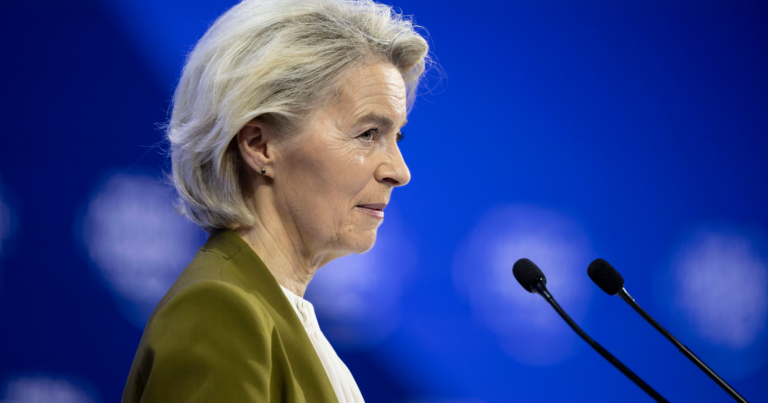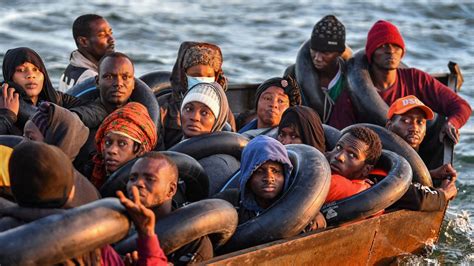
(Mass migrations into the EU)
The European Union is considering a new and untested approach to managing migration—one that involves outsourcing deportations through so-called “return hubs.” These proposed centres, which would be built outside the EU’s borders, are meant to house asylum seekers whose applications have been rejected and who are awaiting deportation. However, the plan is already facing mounting scrutiny due to legal ambiguities and potential human rights violations.
The proposal is expected to be formally introduced by the European Commission before the next leaders’ summit in March. If enacted, it would mark a significant shift in the bloc’s migration policy, representing the first tangible outcome of a broader political push to explore “new ways” of dealing with irregular migration. This vague concept has been increasingly linked to the idea of outsourcing key parts of migration management, including deportations, to third countries.
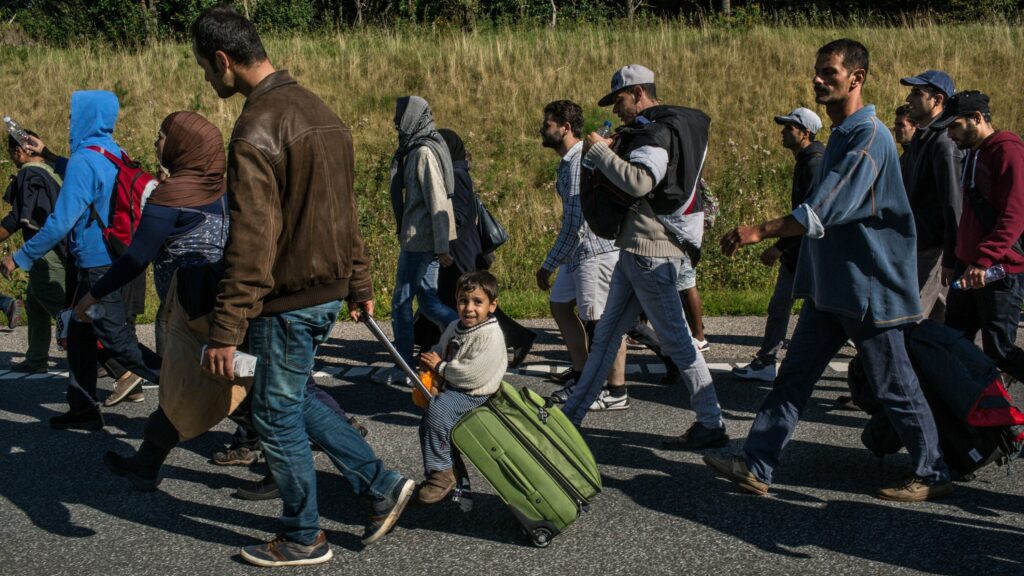
The EU has long struggled with low deportation rates, often failing to return individuals who have exhausted all legal avenues for asylum. In response, the Commission sees these offshore deportation centres as an “innovative solution” to expedite removals. During a recent informal meeting of interior ministers, Magnus Brunner, the European Commissioner for Migration, advocated for “stronger rules on detention” and the “possibility of developing return hubs,” according to internal meeting minutes obtained by Euronews.
Source:https://www.euronews.com/my-europe/2025/02/06/concerns-and-doubts-mount-over-eu-plan-to-build-deportation-camps-outside-its-borders
Despite the Commission’s push for “return hubs,” the plan faces significant legal hurdles. The EU Agency for Fundamental Rights (FRA) has warned that placing these centres outside the EU does not exempt them from European legal obligations. Member states and agencies like Frontex would still be accountable for any human rights violations.
The FRA urges the EU to negotiate binding agreements with host countries to ensure humane conditions and prevent rights abuses. It also insists that deportations be based on individual assessments, not collective expulsions, which are illegal under international law. Vulnerable individuals, including children, should be excluded from the scheme.
“Return hubs cannot become lawless spaces,” said FRA director Sirpa Rautio. “They will only comply with EU law if they include robust and effective rights protections.”
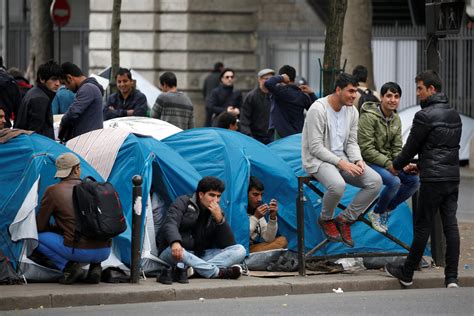
(Migrants living in Tent’s near Paris)
The Unanswered Question: Is Outsourcing Deportations Feasible?
The EU’s search for new migration strategies reflects a growing political divide between those advocating for stricter border control and those warning against the erosion of fundamental rights. While Brussels frames “return hubs” as a necessary innovation, legal and humanitarian experts argue that the risks may far outweigh the potential benefits.
As lawmakers prepare to debate the proposal in the coming months, one critical question remains unresolved: Can the EU find a way to outsource deportations while staying within the bounds of international and European law?
For now, that question has no clear answer.
